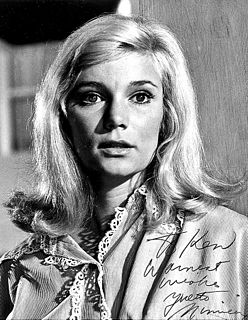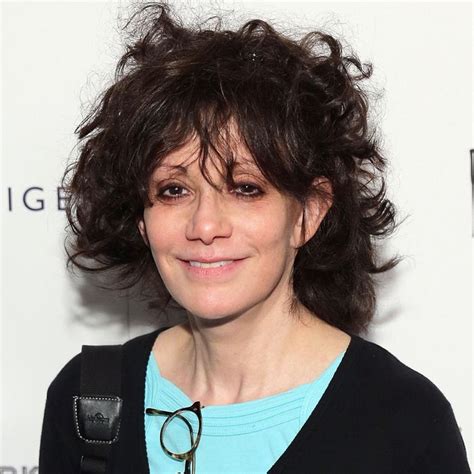A Quote by James Gunn
I don't see a big difference between the job of directing a low-budget movie and the job of directing a big-budget movie.
Quote Topics
Related Quotes
What's interesting as a director, and even studio executives don't understand this, is that if you're directing a $200 million movie with six million people, it's the same as directing a $25,000 movie with three people. The director's job is, "You stand there and do that," or "This is the shot I want." The logistics change, but the job remains the same. And I enjoy the job.
I'm always writing, but directing takes priority over everything, unless the acting is a job that lifts that whole brand. If I get a part in a big film with a big director and I was going to direct one of my one films, I would take the former job because that job will only help anything that I then intend to do. I think in the long run, directing is the thing that will outlive everything else. Maybe that and writing.
The difference between the big budget films I've done is the length of time. But in terms of the day-to-day, you're still going on to set, you're getting into character, and you're going and doing your job, so there's absolutely no difference. It's just the structure around it and the length of time. But in terms of budget and money, it doesn't really manifest itself.
I don't know what the misconceptions are, but I approach a small budget, artsy, independent movie in the same way as a big budget, commercial Hollywood movie. I don't get into those [details]. I have to get into my character and I concentrate on that, on the story, on researching, and on certain training if I have to be prepared physically. I think that's the most important thing.





































